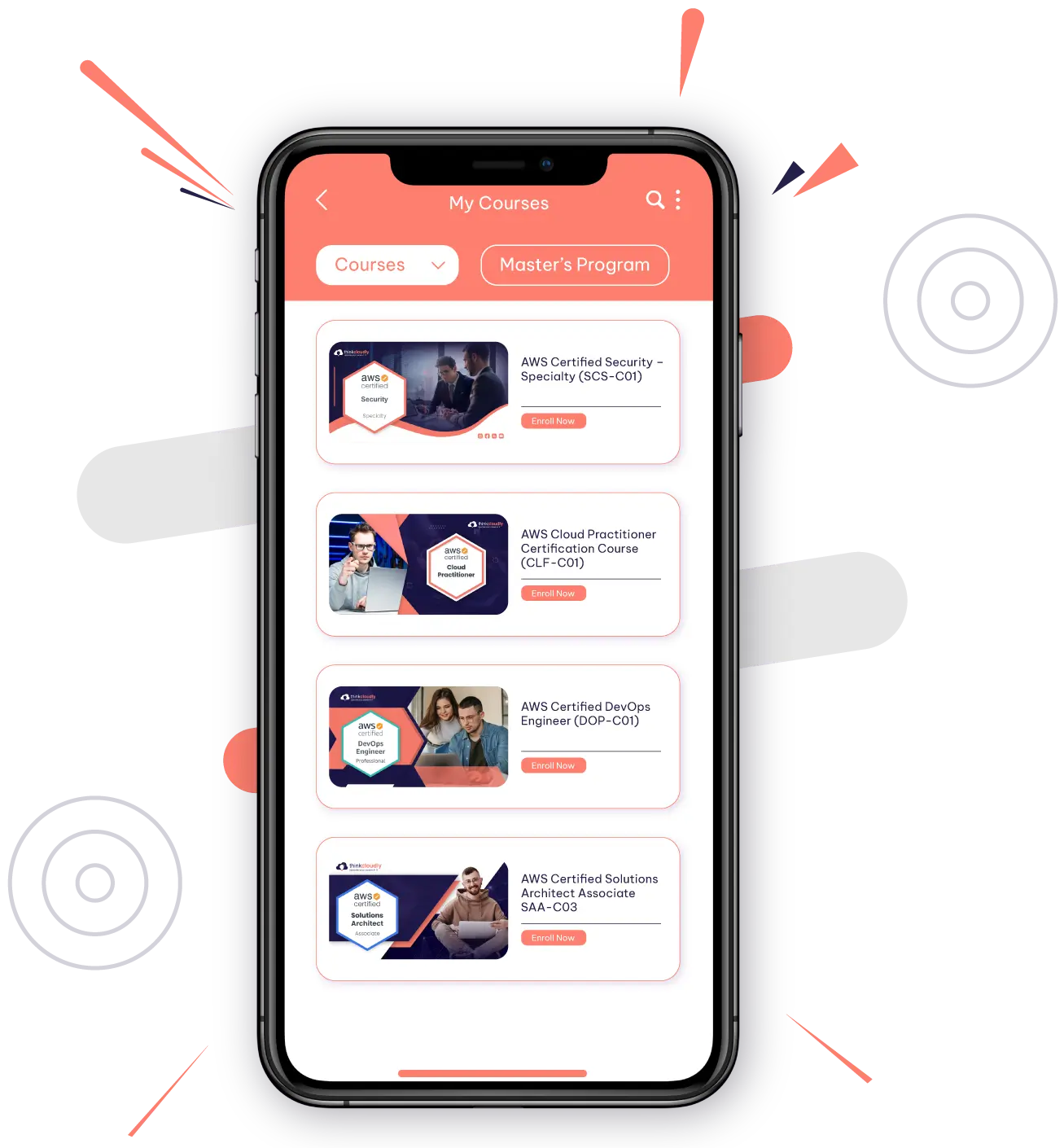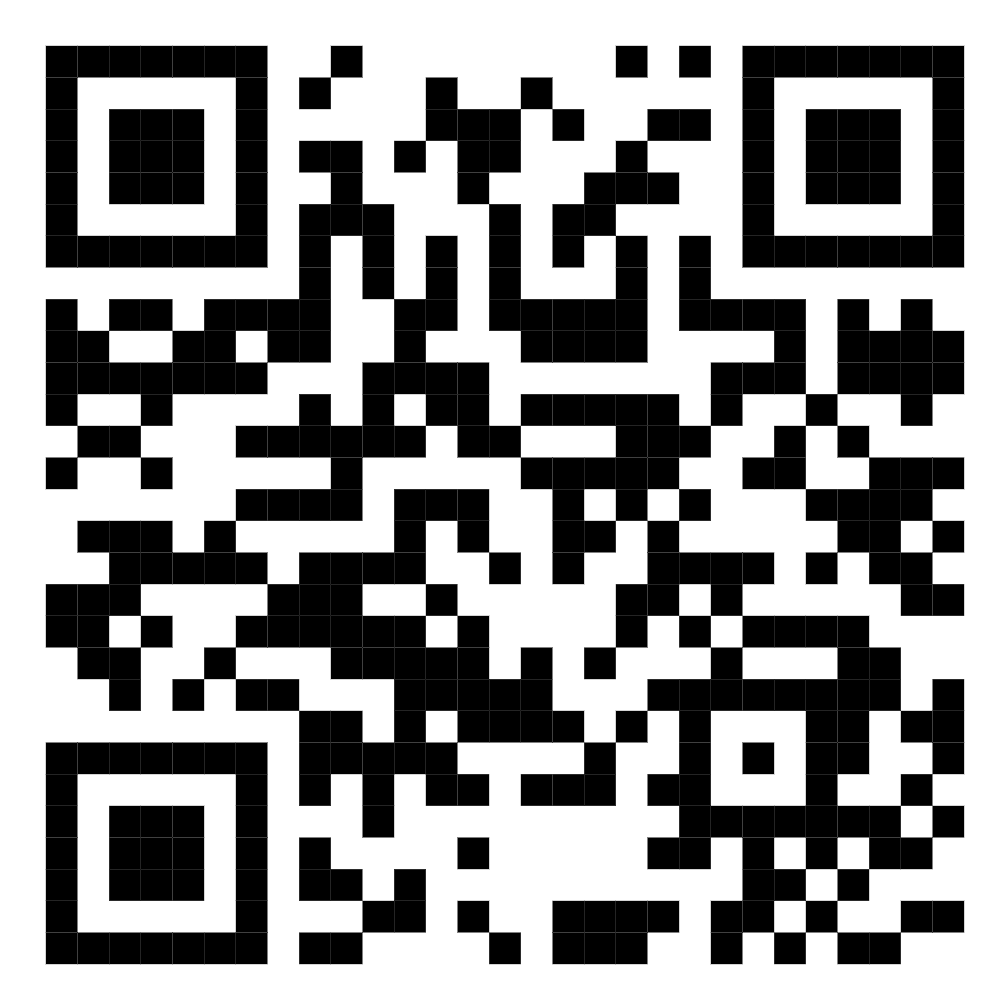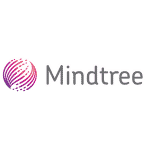Introduction About Top 13+ Azure DBA Interview Questions
Azure, Microsoft’s cloud computing platform, has become the cornerstone for organisations embracing digital transformation. As experienced professionals in the field of Azure Database Administration (DBA), it’s imperative to be well-versed in the intricacies of managing databases on this dynamic platform. In this blog, we’ll delve into the Top 13+ Azure DBA interview questions that will not only test your knowledge but also showcase your expertise in the realm of cloud database management.
Top 13+ Azure DBA Interview Questions
- Explain the Concept of Azure SQL Database Elastic Pools:
- Elaborate on the benefits of using elastic pools in Azure SQL Database.
- Discuss scenarios where elastic pools are particularly advantageous.
2. Differences Between Azure SQL Database and SQL Server:
- Highlight key differentiators between managing databases on Azure SQL Database and traditional SQL Server.
- Discuss considerations for migrating from SQL Server to Azure SQL Database.
3. Scaling Options in Azure SQL Database:
- Explain the various scaling options available for Azure SQL Database.
- Discuss scenarios where vertical and horizontal scaling are appropriate.
4. High Availability and Disaster Recovery in Azure SQL Database:
- Describe the mechanisms for achieving high availability in Azure SQL Database.
- Discuss the options and best practices for disaster recovery in a cloud-based environment.
5. Azure SQL Database Security Features:
- Detail the security features available in Azure SQL Database.
- Discuss how Azure SQL Database ensures data protection and compliance.
6. Performance Tuning in Azure SQL Database:
- Discuss best practices for performance tuning in Azure SQL Database.
- Highlight tools and techniques for optimising query performance.
7. Azure Cosmos DB:
- Provide an overview of Azure Cosmos DB and its key features.
- Discuss scenarios where Azure Cosmos DB is the preferred choice over traditional relational databases.
8. Data Migration Strategies in Azure:
- Outline different strategies for migrating on-premises databases to Azure.
- Discuss challenges and considerations for a successful data migration.
9. Azure Database Monitoring and Management Tools:
- Discuss the monitoring tools available in Azure for database administrators.
- Explain how to use these tools for proactive management and issue resolution.
10. Automation with Azure PowerShell and ARM Templates:
- Explain the role of Azure PowerShell ad ARM templates in automating database related tasks.
- Discuss the advantages of infrastructures as code (IaC) in the context of databases.
11. Integration of Azure Active Directory with Azure SQL Database:
- Elaborate on the integration of Azure Active Directory for authentication and authorization in Azure SQL Database.
- Discuss the benefits of using Azure AD for database access control.
12. Azure SQL Database Backup and Restore Strategies:
- Discuss best practices for backing up and restoring databases in Azure SQL Database.
- Highlight the importance of regular backups and testing restoration processes.
13. Geo-Replication in Azure SQL Database:
- Explain the concept of geo-replication and its significance in a globalised environment.
- Discuss how geo-replication enhances disaster recovery capabilities.
14. Challenges and Solutions in Managing Large Databases in Azure:
- Discuss challenges associated with managing large databases in Azure.
- Provide insights into solutions and strategies for addressing scalability and performance issues.
Conclusion
Navigating an Azure DBA interview requires more than just technical prowess- it demands a comprehensive understanding of Azure’s unique features and challenges. As you prepare for your interview, ensure you are well-versed in the intricacies of Azure SQL Database, Cosmos DB, and the broader Azure ecosystem. Emphasise your ability to address not only day-to-day administrative tasks but also complex scenarios involving high availability, disaster recovery, and performance optimization. By mastering these interview questions, you’ll not only showcase your expertise but also position yourself as a seasoned professional in the ever-evolving landscape of Azure database administration. Good luck!












No comment yet, add your voice below!